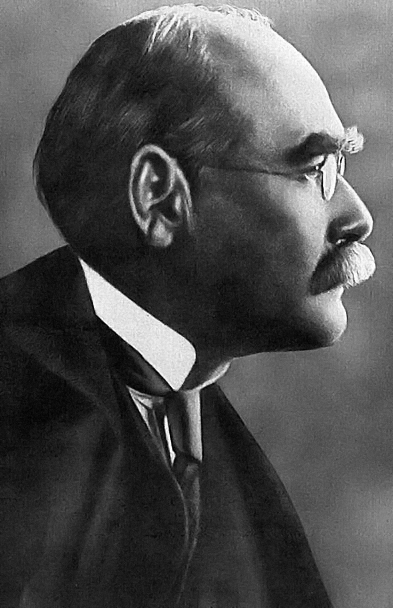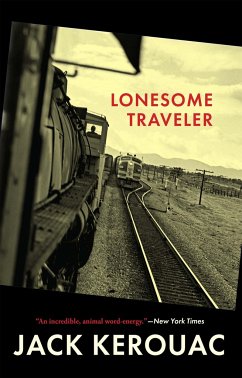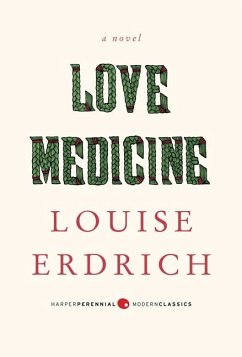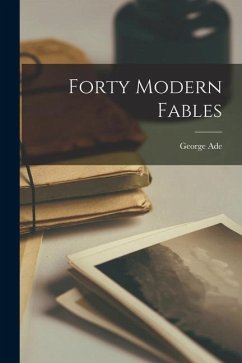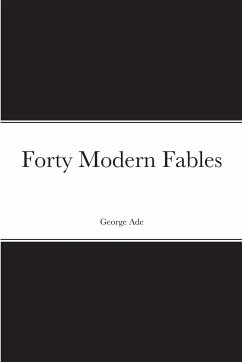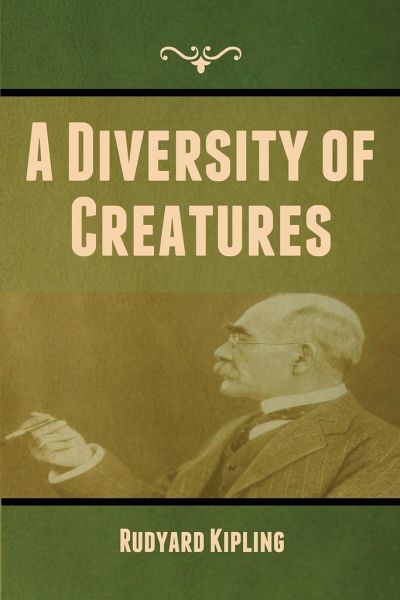
A Diversity of Creatures
Versandkostenfrei!
Versandfertig in 1-2 Wochen
18,99 €
inkl. MwSt.

PAYBACK Punkte
9 °P sammeln!
A collection of Kipling's strangest tales with almost every one accompanied by a linked poem. As an SF fan I am of course delighted that the very first tale in the collection is science fiction "As Easy as A.B.C." the sequel to his "With the Night Mail" It also includes a depiction of hatred on the home front in "Mary Postgate" and contrasting humour in an extended revenge prank aimed at a whole town "The Village that Voted the Earth was Flat". One exceedingly mad tale made no sense the first three times I read it but became much (but not entirely) clearer when I discovered that the key unwrit...
A collection of Kipling's strangest tales with almost every one accompanied by a linked poem. As an SF fan I am of course delighted that the very first tale in the collection is science fiction "As Easy as A.B.C." the sequel to his "With the Night Mail" It also includes a depiction of hatred on the home front in "Mary Postgate" and contrasting humour in an extended revenge prank aimed at a whole town "The Village that Voted the Earth was Flat". One exceedingly mad tale made no sense the first three times I read it but became much (but not entirely) clearer when I discovered that the key unwritten word was witchcraft. However I will not give the title of that story so I don't entirely spoil it (Peter Dunn)





